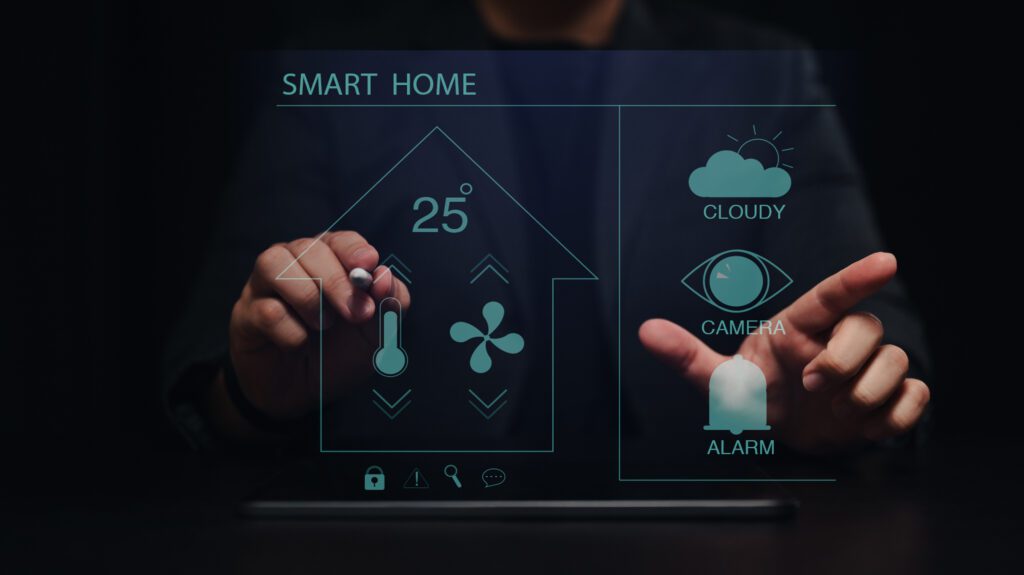In today’s fast-paced world, where environmental concerns and rising energy costs are at the forefront, optimizing our homes’ energy efficiency has become more important than ever. One of the most effective ways to achieve this is by integrating smart HVAC (Heating, Ventilation, and Air Conditioning) systems into our homes. These intelligent systems leverage advanced technology to optimize energy usage, increase comfort, and reduce our carbon footprint. In this blog post, we will explore how smart HVAC systems can help homeowners maximize energy efficiency and create a greener living space.
Understand the Basics of Smart HVAC Systems
Before diving into the benefits of smart HVAC systems, it’s essential to grasp the basics of how they work. Smart HVAC systems combine traditional heating and cooling mechanisms with cutting-edge automation and connectivity features. They are designed to adapt to changing conditions, optimize energy usage, and provide personalized comfort control.
Remote Access and Control
One of the key advantages of smart HVAC systems is the ability to control and monitor your home’s temperature and air quality remotely. With the help of mobile apps or web interfaces, homeowners can adjust their HVAC settings from anywhere at any time. This means you can turn off the AC while you’re away or set the temperature to a comfortable level before you arrive home. By actively managing your HVAC system, you can avoid wasting energy and reduce utility costs.
Energy Usage Optimization
Smart HVAC systems employ advanced sensors and algorithms to optimize energy consumption. These systems can analyze factors like outdoor temperature, humidity levels, occupancy patterns, and weather forecasts to make intelligent decisions regarding heating and cooling. By adapting to changing conditions in real-time, smart HVAC systems can efficiently balance comfort and energy usage, ultimately reducing the overall energy consumption of your home.
Zoning and Individual Room Control
Traditional HVAC systems often rely on a single thermostat to regulate the temperature throughout the entire house. This can result in wasted energy, as different areas may have varying heating and cooling needs. Smart HVAC systems overcome this challenge through zoning capabilities. By dividing your home into zones and installing smart thermostats in each zone, you can control the temperature individually and optimize energy usage according to specific requirements.

Learning and Adaptation
Smart HVAC systems have the ability to learn from your behavior and adapt accordingly. These systems can gather data on your temperature preferences, occupancy patterns, and lifestyle habits to create personalized heating and cooling schedules. Over time, the system can automatically adjust itself to align with your needs, optimizing energy consumption without sacrificing comfort.
Integration with Other Smart Home Devices
Smart HVAC systems can seamlessly integrate with other smart home devices, such as smart lighting and smart blinds. By leveraging this integration, you can create an interconnected ecosystem where these devices work in harmony to maximize energy efficiency. For instance, when your smart HVAC system detects that nobody is at home, it can communicate with the smart lighting system to turn off unnecessary lights, further reducing energy waste.
Monitoring and Maintenance Alerts
Smart HVAC systems can provide real-time monitoring and alerts to ensure optimal performance. These systems can track air quality, filter life, and HVAC system health, sending notifications to homeowners when it’s time to change filters or schedule maintenance. By staying proactive in system upkeep, you can prevent energy inefficiencies and potential breakdowns, extending the lifespan of your HVAC equipment.
Conclusion
Incorporating a smart HVAC system into your home is a smart investment that yields numerous benefits. From remote access and energy optimization to zoning capabilities and integration with other smart devices, these systems offer homeowners an unparalleled level of control over their home’s comfort and energy efficiency. By implementing these technologies, you can reduce your carbon footprint, save on energy costs, and create a sustainable living environment for yourself and future generations. Take the leap towards a greener future by embracing the power of smart HVAC systems today. Contact R&S Supply to explore the range of smart HVAC solutions and start optimizing your home’s energy efficiency.
